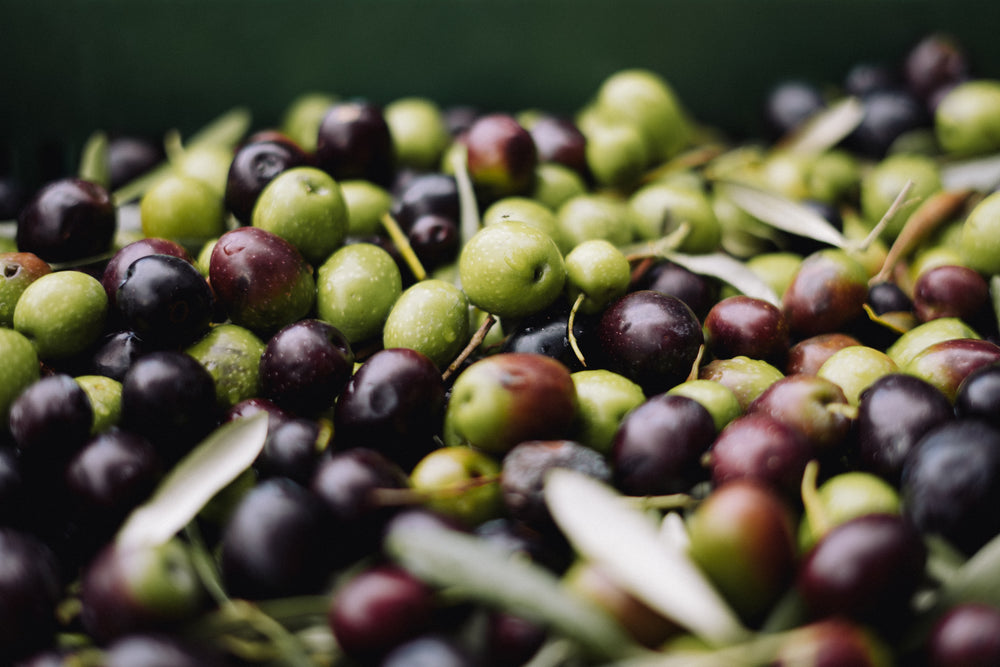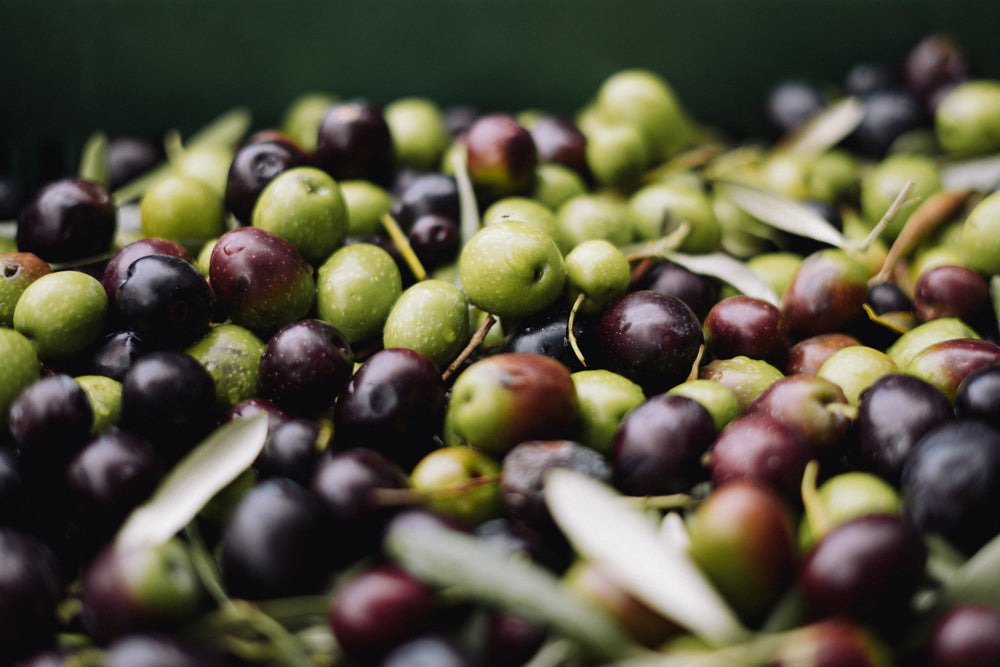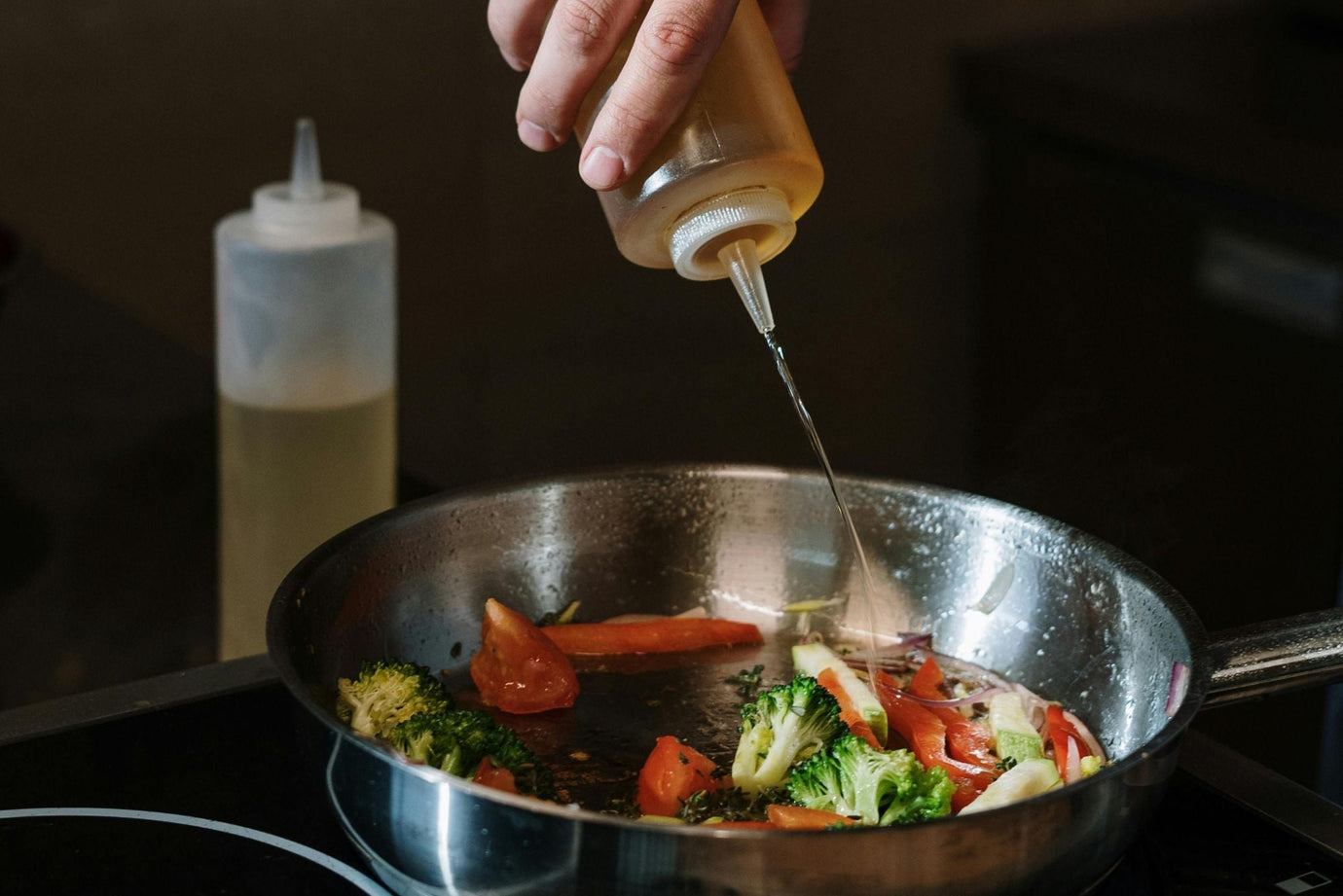Avocado Oil vs Olive Oil: Comparison & Considerations
As a restaurant owner or food service professional, choosing the right cooking oil can significantly influence food quality and operational efficiency. Two premium bulk oil options are avocado oil and olive oil. In this comprehensive guide, we’ll compare these oils across critical factors to help you make the best choice for your kitchen.
Avocado vs. Olive: Cost-Effectiveness and Availability
Cost is often a top concern for restaurant owners. Both avocado and olive oils are premium oils, but their price points differ significantly.
-
Avocado Oil: Typically more expensive due to its lower yield and intensive production process.
-
Olive Oil: More economical, with a variety of grades available at different price points, making it the more accessible choice for most kitchens.
When balancing cost and quality, olive oil may be better suited for everyday use, while avocado oil can be reserved for specialty dishes.
Avocado vs. Olive: Smoke Point
The smoke point determines how well an oil performs in different cooking applications. Here’s how these oils compare:
| Oil Type | Smoke Point | Best Applications |
| Avocado Oil | ~520 °F (270°C) | High-heat cooking: frying, grilling, searing |
| Extra Virgin Olive Oil | ~320-374 °F (160-190°) | Medium-heat cooking: sautéing, baking |
Recommendation: Use avocado oil for high-heat applications and olive oil for low- to medium-heat cooking where its flavour can shine.
Avocado vs. Olive: Nutritional Profile
Health-conscious diners value oils with nutritional benefits. Here’s a side-by-side comparison:
| Nutrient | Avocado Oil | Olive Oil |
| Monounsaturated Fat | High | High |
| Antioxidants | Lutein (eye health) | Polyphenols (anti-inflammatory) |
| Vitamins | E, K, Potassium | E, K |
Both oils are excellent choices for heart health and overall wellness, but avocado oil’s unique nutrient profile makes it a standout for diners looking to support eye health and immune function.
Avocado vs. Olive: Flavour Profile and Culinary Applications
The taste of cooking oil can impact the overall flavour of a dish.
-
Avocado Oil: Mild and neutral, it won’t overpower other ingredients, making it ideal for versatile use in both savoury and sweet recipes.
-
Olive Oil: Robust and fruity, olive oil works well in recipes where its flavour complements the dish, such as dressings, marinades, and dips.
Pro Tip: Use olive oil when you want a bold flavour and avocado oil when you need a more subtle base.
Avocado vs. Olive: Environmental Impact
Sustainability is a growing concern for many restaurant owners.
-
Avocado Oil: Production requires more water, contributing to a higher environmental footprint.
-
Olive Oil: Olive trees are drought-resistant and thrive in Mediterranean climates with minimal irrigation.
For environmentally conscious restaurants, olive oil offers a more sustainable option.
Storage and Shelf Life
Proper storage is essential to preserve the quality of these oils in your restaurant kitchen.
-
Avocado Oil: Must be stored in a cool, dark place to prevent oxidation. More prone to rancidity than olive oil.
-
Olive Oil: Also stored in a cool, dark place, but generally more stable with a longer shelf life.
| Oil Type | Shelf Life (Unopened) |
| Avocado Oil | 8-12 months |
| Olive Oil | 1-2 years |
Making the Right Choice for Your Recipe
When deciding between avocado oil and olive oil, consider these factors:
-
Cooking Methods: Choose avocado oil for high-heat applications and olive oil for medium-heat or flavour-forward dishes.
-
Cost: Olive oil is generally more budget-friendly, while avocado oil is ideal for premium recipes.
-
Sustainability: Olive oil has a smaller environmental footprint, appealing to eco-conscious diners.
Conclusion
Both avocado oil and olive oil are exceptional choices for restaurants, offering unique advantages in cooking and nutrition. Ultimately, the best choice depends on your kitchen’s specific needs and priorities, whether it’s cost, versatility, or sustainability.
For more insights on bulk oils, visit our blog or check out our Cooking Oil Smoke Points Guide.









